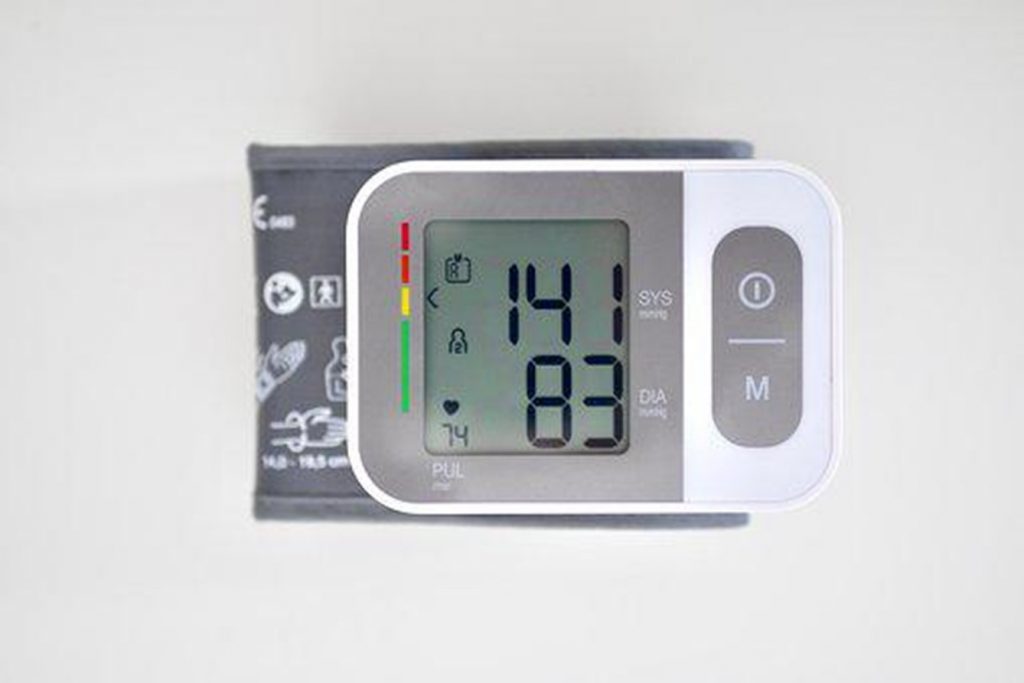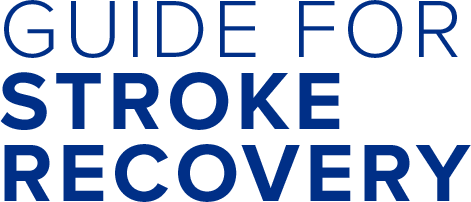High blood pressure is the biggest factor for causing a stroke. Blood pressure is the force of blood pushing against the walls of your blood vessels. Watch the video below to learn more about this.
Video credit: Heart Foundation NZ

When your blood pressure is checked, two measurements are taken:
- Systolic pressure is the pressure in the blood vessels as the blood is pumped from the heart. Systolic is the top number.
- Diastolic pressure is the pressure in the blood vessels when the heart is at rest between beats. Diastolic is the bottom number.
Have your healthcare team check your blood pressure at every appointment. They can work with you to keep your blood pressure at a healthy level.
You may not be able to feel when your blood pressure is high. It is important to always take your blood pressure medicines as prescribed by your doctor.
How do I measure my blood pressure?
- Do not smoke or drink coffee 30 minutes before
- Rest quietly for about 5 minutes
- Sit comfortably with your feet on the floor, back and arms supported
- Apply cuff on a bare arm that is at about heart level
- Do not talk while your blood pressure is being measured
- Write down my reading
A chart like this one can be used to track your blood pressure.

How often should I measure my blood pressure?
- 2 times in the morning
- 2 times at night
If your doctor gives you different instructions, follow those instead.
How do I keep a healthy blood pressure level?
Your health care provider will help you find ways to improve your blood pressure and keep it within the numbers that are right for you.
The following lifestyle changes are recommended:
- Eating healthy
- Being active
- Managing your weight
- Measuring your blood pressure
- Being smoke free
- Limiting alcohol as instructed by your healthcare provider
- Taking blood pressure medicines as prescribed
Having read the information in this section, consider the following questions
- Do I know what my target blood pressure should be?
- Do I know how often my blood pressure should be checked?
- Do I know what I can do to control high blood pressure?
- Do I know how exercise affects my blood pressure?
- Do I know what foods will affect my blood pressure?
- Do I know what my daily sodium (salt) limit should be?
- Do I know if I should be on blood pressure medication?
- Do I have a way to check my blood pressure (for example: my own blood pressure machine or ones at the pharmacy)?
